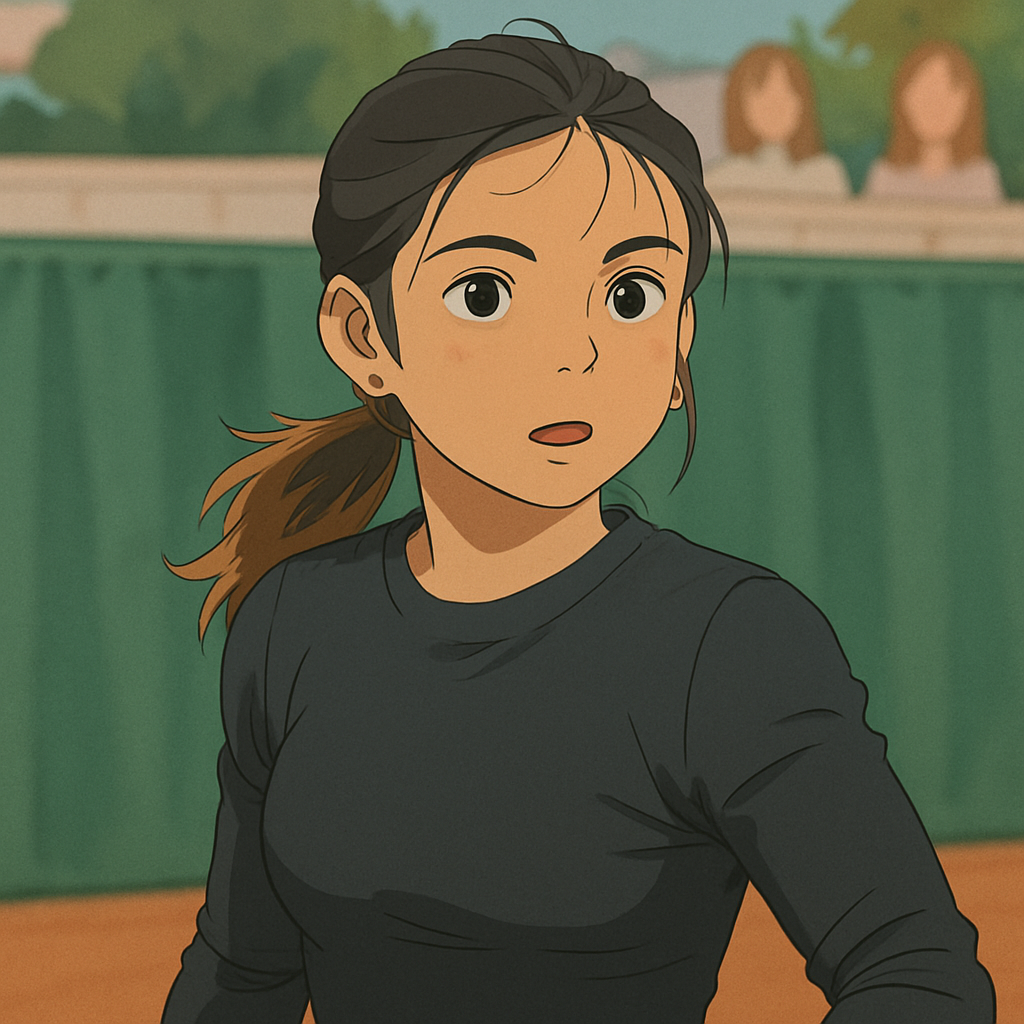LONDON — Emma Raducanu’s meteoric rise to tennis stardom has been accompanied by scrutiny over her coaching changes and family dynamics, with one of her former coaches now publicly criticizing her father, Ian Raducanu, for behavior that allegedly makes coaching the US Open champion "very difficult."
The comments come from Nigel Sears, a seasoned coach who worked with Raducanu briefly in 2021 before her historic Grand Slam victory. In a recent interview, Sears described Ian Raducanu as "overbearing" and suggested his involvement has created challenges for those trying to guide the young star’s career. "It’s not an easy environment," Sears admitted.
The Coaching Carousel
Raducanu, who became the first qualifier in history to win a Grand Slam at the 2021 US Open, has cycled through multiple coaches since her breakthrough. Sears was among the first to depart, followed by Andrew Richardson, Torben Beltz, and Dmitry Tursunov. The frequent changes have raised eyebrows in the tennis world, with many speculating about the reasons behind the instability.
Sears, who has also coached former world No. 1 Ana Ivanovic, elaborated on the difficulties of working with Raducanu’s camp: "There’s a lot of voices in her ear, and it’s hard to establish a consistent coaching relationship when external influences are so strong."
A Pattern of Interference?
Reports have surfaced in British media suggesting Ian Raducanu has been heavily involved in his daughter’s career decisions, from coaching selections to tournament schedules. While parental involvement is common in tennis—particularly with young players—some insiders argue his approach has been counterproductive.
Key concerns raised by sources close to Raducanu’s team include:
- Micromanagement of training sessions
- Resistance to long-term coaching commitments
- A tendency to override tactical advice from professionals
The Impact on Performance
Since her US Open triumph, Raducanu has struggled with injuries and inconsistent form, failing to advance past the second round in any Grand Slam since. Some analysts attribute these struggles to the lack of a stable coaching structure. "Continuity is key in tennis, and Emma hasn’t had that," noted former British No. 1 Greg Rusedski.
Raducanu herself has acknowledged the challenges, telling the BBC last year: "I’m still figuring things out. It’s a learning process, and I’m taking it step by step." However, she has not directly addressed the criticism of her father’s role.
The Father’s Perspective
Ian Raducanu, a financier by profession, has largely stayed out of the public eye. However, those familiar with the family dynamics describe him as fiercely protective of his daughter’s interests. "He wants what’s best for Emma, but sometimes that can clash with the traditional coaching model," one insider revealed.
Despite the criticism, some argue that parental involvement is not uncommon in tennis. Judy Murray, mother of Andy and Jamie Murray, famously played a pivotal role in their careers. The difference, according to Sears, lies in the execution: "It’s about finding the right balance between support and interference."
What’s Next for Raducanu?
As Raducanu continues her comeback from multiple surgeries, the question of who will guide her next career phase remains unanswered. She is currently without a full-time coach, relying instead on temporary consultants during tournaments.
Tennis legend Martina Navratilova recently weighed in, advising Raducanu to "find a coach she trusts and stick with them, regardless of outside opinions." Whether that advice will be heeded—and whether Ian Raducanu’s role will evolve—remains to be seen.
For now, the spotlight remains on the 21-year-old’s ability to navigate the pressures of professional tennis while managing the complexities of family involvement. As one former coach put it: "Emma’s talent is undeniable, but talent alone isn’t enough at this level."

